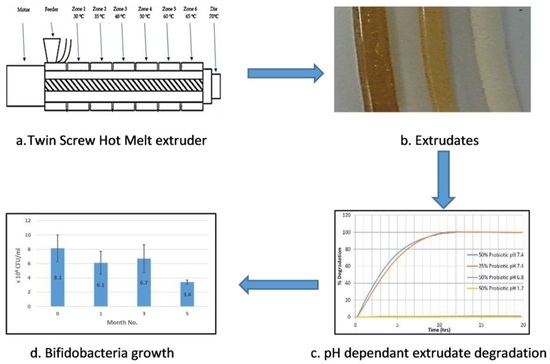- Home
- Blog
- News
- Basics
- Sources
- Agencies, Regulatory & Organisations
- CERSI Excipients Browser
- Excipient Report
- Excipient DMF List
- EXCiPACT Certified Companies
- Excipient Documentation
- Excipient EINECS Numbers
- Excipient E-Numbers
- FDA Inactive Ingredient List
- FDA GRAS Substances (SCOGS) Database
- IPEC Americas
- USP - U.S. Pharmacopeia
- Definitions
- Whitepapers / Publications
- Supplier
- Services
- Media
- Events
- 1st pharmaexcipients Poster Award
- Event Calendar
- Events featured by pharma-excipients
- 4th Annual Formulation & Drug Delivery Congress
- DDF Summit
- ExcipientFest Americas
- ExcipientFest Asia
- Global CompliancePanel
- International Conference and Exhibition on Pharmaceutics & Novel Drug Delivery Systems
- Formulation & Drug Delivery USA Congress
- Laboratory Medicine 2018
- Making Pharmaceuticals Europe
- Making Pharmaceuticals Exhibition
- Pharma Integrates
- PharmaExcipients China @CPhI China
- TTC Technology Training Center
- Jobs
- Online Sourcing
- Contact
03. November 2017
Hot melt extrusion (HME) is considered an efficient technique in developing solid molecular dispersions, and has been demonstrated to provide sustained, modified and targeted drug delivery resulting in improved bioavailability. However, most commercial enteric or pH-responsive polymers are relatively difficult to process or have high Glass Transition Temperature (Tg) values, making their use with temperature-sensitive drugs, probiotics or biologics not viable. Shellac is a natural...
05. August 2017
The aim of this work was to assess the viability of some commercial probiotics after exposure to gastric acid and the possibility of modifying these formulations for delivery into the distal parts of the intestines.
23. January 2017
Abstract Although the intestinal microbial community is still incompletely understood, there is strong evidence of the benefits of using probiotics to address some medical states or conditions. As a result, the probiotics oral supplements market has exploded during the last few years. However, while their sensitivity to gastric juices, acidic pH and bile is well known, most of these oral forms would not guarantee any survival of the strains in such conditions. In this work, we have studied the...
28. April 2016
Abstract: The aim of this study was to formulate probiotics-loaded pellets in a tablet form to improve storage stability, acid tolerability, and in vivo intestinal protective effect. Bacteria-loaded pellets primarily prepared with hydroxypropyl methylcellulose acetate succinate were compressed into tablets with highly compressible excipients and optimized for flow properties, hardness, and disintegration time. The optimized probiotic tablet consisted of enteric-coated pellets (335 mg),...
22. July 2015
We present a novel but simple enteric coated sphere formulation containing probiotic bacteria (Lactobacillus casei). Oral delivery of live bacterial cells (LBC) requires live cells to survive firstly manufacturing processes and secondly GI microbicidal defenses including gastric acid. More


